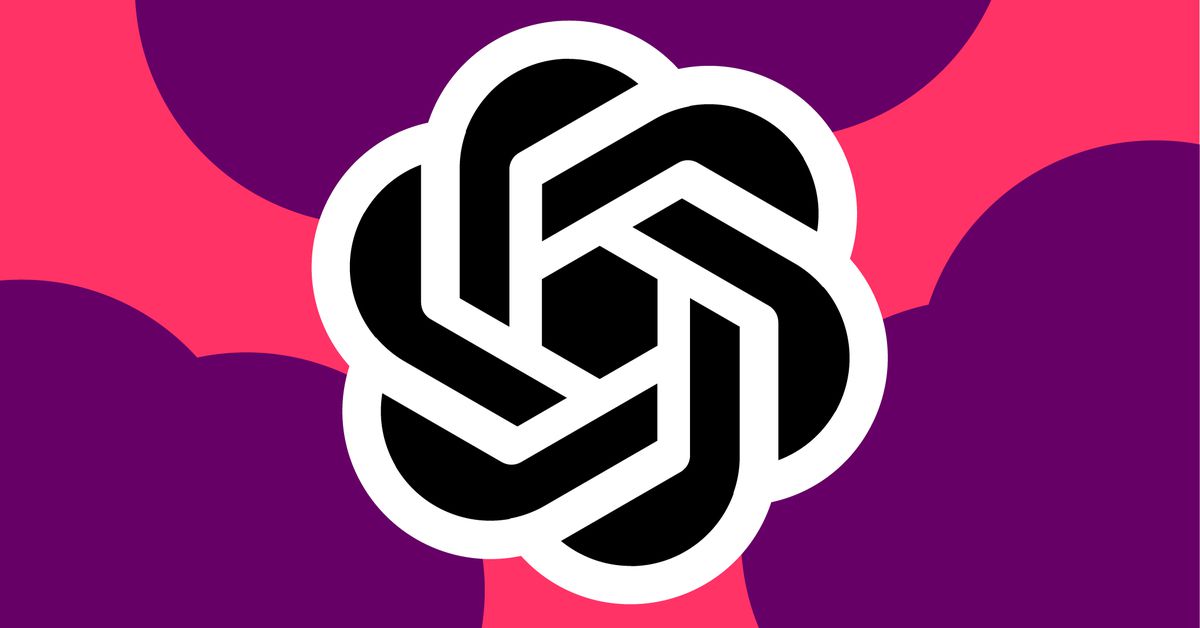- cross-posted to:
- technology@lemmit.online
- technology@lemmy.zip
- cross-posted to:
- technology@lemmit.online
- technology@lemmy.zip
For OpenAI, o1 represents a step toward its broader goal of human-like artificial intelligence. More practically, it does a better job at writing code and solving multistep problems than previous models. But it’s also more expensive and slower to use than GPT-4o. OpenAI is calling this release of o1 a “preview” to emphasize how nascent it is.
The training behind o1 is fundamentally different from its predecessors, OpenAI’s research lead, Jerry Tworek, tells me, though the company is being vague about the exact details. He says o1 “has been trained using a completely new optimization algorithm and a new training dataset specifically tailored for it.”
OpenAI taught previous GPT models to mimic patterns from its training data. With o1, it trained the model to solve problems on its own using a technique known as reinforcement learning, which teaches the system through rewards and penalties. It then uses a “chain of thought” to process queries, similarly to how humans process problems by going through them step-by-step.
At the same time, o1 is not as capable as GPT-4o in a lot of areas. It doesn’t do as well on factual knowledge about the world. It also doesn’t have the ability to browse the web or process files and images. Still, the company believes it represents a brand-new class of capabilities. It was named o1 to indicate “resetting the counter back to 1.”
I think this is the most important part (emphasis mine):
As a result of this new training methodology, OpenAI says the model should be more accurate. “We have noticed that this model hallucinates less,” Tworek says. But the problem still persists. “We can’t say we solved hallucinations.”



Except that we had to come up with the term “AGI” because idiots kept running around screaming “intelligence” stole the term “AI”.
No we didn’t, Artificial General Intelligence has been determined since the '90s.
We’ve always differentiated Artificial Intelligence and Artificial General Intelligence.
What we have now is AI, I don’t know anyone who’s claiming that it’s AGI though.
People keep saying people are saying that this is AGI, but I’ve not seen anyone say that, not in this thread or anywhere else. What I have seen said is people saying this is a step on the road to AGI which is debatable but it isn’t the same as saying this thing here is AGI.
Edit to add proof:
From Wikipedia although I’m sure you can find other sources if you don’t believe me.
So all of this happened long before the rise of large language models so no the term has not been co-opted.